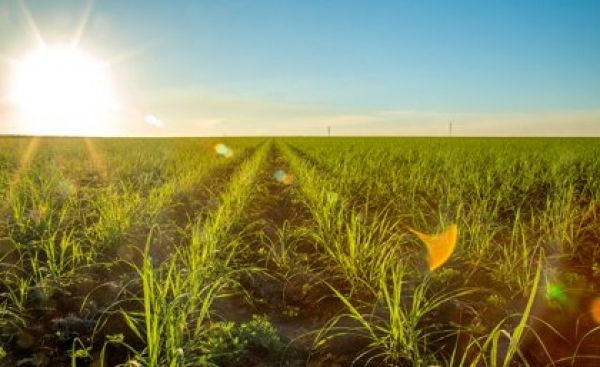UQ School of Earth and Environmental Sciences researcher Milton Aurelio Uba de Andrade Junior said that because Brazil produced ethanol from sugarcane, future biofuel demand would directly impact land use.
“Our study has modelled scenarios forecasting future ethanol demand based on different trajectories for gross domestic product, population growth, fuel prices, blending policies, fleet composition and efficiency gains,” he said. “A high demand scenario fuelled by strong economic and population growth, soaring gasoline prices, and ambitious blending targets, could mean that current demand for ethanol in Brazil will be doubled by 2030.
“If this scenario occurs, then Brazil will need an additional five million hectares of land for sugarcane crops to meet this high demand.”
Continue reading at University of Queensland
Image via University of Queensland


